In today’s society, the teenage population is often underestimated, thought to be capable of little more than standardized tests, social media, and sarcasm. After being fortunate enough to witness the TEDxLFHS event this past Friday, however, I am more than happy to report the opposite: teenagers (and the rest of the community members who presented) are pretty darn incredible. From chicken legality in the LF community to multi-dimensional theory explained using a blue toy car to the way we’ll be remembered after we’ve left this world, the topics covered were as far-reaching as they were fascinating.
Upon walking into the library that morning, one could find a plastic bin of chicks quietly chirping in the corner. Naturally, many were drawn to hold the downy little creatures, but until the first TEDTalk of the day, no one quite knew what they were for. That is, until sophomore Charlotte Moore made her well-informed case for chicken ownership, peppered with fowl puns and finished with a petition to go “meet her peeps”–and, of course, who could turn down an offer like that? She was then followed up by an equally environmentally-conscious student, sophomore Alex Thoms, who passionately described the problem of ocean acidification, its effects, and what we can do to stop it. It may be simpler than we think, too; as strange as it sounds, making sure car tires are fully inflated when we drive could go a long way in terms of keeping our oceans healthy.
Junior Whitney Perschke then rounded out the first session of the day with a tribute to Camp Manito-Wish, a summer camp that over the course of a few years has had a profound impact on who she is as a person. Prior to the discovery of this camp, Whitney would not have described herself as “outdoorsy”; however, several summers and multi-week-long Canadian canoeing expeditions later, she has discovered a love for the world around her and for herself.
Her overwhelming gratitude for the opportunities she’s been given was evident throughout the entire talk, one that made me want to sign up for a 45-day backpacking trip through Alaska right along with her, just to see what she was talking about.
Before the break, junior Ali Jackson treated the audience to a beautiful guitar-and-voice performance of two songs, one a Kodaline cover, the other an original that told the story of her struggle with stage fright. After the break, junior Jack Bailey began his talk with a fairly common situation: when he was little, he’d been playing with a blue toy car and had dropped it, and, despite exhaustive searches of the room, never saw it again. Instead of shrugging his shoulders and letting it go, this lost blue car led to in-depth research of multi-dimensional theory. I mean, to know that in some other alternate universe he’d found his blue car–or had never lost it in the first place–is some consolation, right?
Continuing with the theoretical thread, sophomore Nick Wnuk explored the role of automation in the future and what it means for the workforce and the economy. He ended his talk on a hopeful note, arguing that humanity’s compassion and intelligence is what ultimately will allow us to continue on thriving in this new technological age. Senior Tommy Block then examined the film industry–and, more importantly, the way we pick which movie to watch–in an increasingly digitized world. His commentary on the multifaceted value of movies, and how we, as a collective audience made up of both fans and professional critics, determine which ones are “good” and which are “bad”, was both thought-provoking and eye-opening. After Tommy’s talk, the second session ended with a bang–or, should I say, a tap–as junior Antoinette Pompe van Meerdervoort drew connections between three seemingly disconnected things she does everyday: math, oboe playing, and, of course, tap dancing. Before the lunch break, the audience was treated to the musical stylings of Katie Pierce on keyboard, Alex Banta on xylophone, and Landon Kerouac on a pair of bright red bongos.
After everyone had grabbed a bite to eat, sophomore Katie Pierce returned to her keyboard, solo this time, to perform an original song. After which, Dean Mr. Lesniak opened for another student, senior Riley Walters, who gave his talk on his passion for firefighting and the school that allowed him to pursue it, the Tech Campus, while dressed in his actual fireman outfit. His story was compelling and relatable, recounting how, prior to his discovery of the Tech Campus, he hadn’t really tried in school because he couldn’t see the practical application of anything he was learning. He’s got a point–haven’t we all wondered aloud in geometry or chemistry when we’re going to need to know how to write a proof, or balance a chemical equation in the real world?
Junior Anafrancesca Curry’s talk offered another solution to the problem of seemingly pointless schoolwork (and other things in life we have to do but don’t want to): we need to change our attitude, particularly in the way we use social media. Her uplifting talk ultimately implored the audience to start a movement towards positivity based on a few simple steps.
The first adult speaker of the day, Dr. Katherine Jeffrey, looked into the role Millennials play in today’s workplace–one fraught with plenty of misconceptions and misunderstandings, as we later found out. The way she broke down the four generations present in the workforce today–Traditionalists, Baby Boomers, Gen X’ers, and Millennials–explaining how each generation behaves and interacts, and the reasoning behind it all, as well as how society can navigate the cultural barrier that seems to exist between Millennials and everyone else, was both intriguing and insightful. The next talk given again focused on human behavior, but with a slightly different twist: the science of happiness. If you’ve ever known someone who just always seemed to be in the best mood no matter what situation they were in, junior Mady Kung argued that it’s possible they’re simply genetically predisposed towards happiness. She effortlessly explained the studies done to back up this theory, and how, in the end, it’s not our genes that determine who we are in life; it’s up to us to make that choice.

Coolness, however, is something completely outside of the scientific realm. Junior Isabella Mancini began her talk with a picture of Ice Cube and a thermometer to help define the vernacular definition of “cool”, only to throw out that definition halfway through her presentation because, really, what is cool? In a charmingly self-deprecating way, complete with awkward middle-school photos and charts of all the sunglass-wearers throughout the world, Isabella brought us to the conclusion–with both humor and a healthy dose of truth–that to be cool is to be comfortable in our own skin
Yet another member of the junior class, Connor Sheridan, then gave his talk on his great passion in life: sailing. Despite living less than five miles from Lake Michigan, sailing is a fairly misunderstood sport. In addition to clarifying the physical and mental prowess required to master the sport, Connor shared the story of a woman he’d mentored. Prior to meeting him, she had never sailed a boat before; fast forward to a few years later and she’s winning regattas and gaining the confidence that comes with mastering such a challenging sport. Following the inspiring talk, Ali Jackson returned to the stage to perform another two songs before the last break of the day.
During the next talk, you could have heard a pin drop in the room. Junior Elizabeth Kelley’s presentation began with a story, one of a young woman growing up in the mid-20th century. Later, we found out that the woman is her grandma, now suffering from dementia. Despite minor technical difficulties with her microphone, Elizabeth’s message was loud and clear: it’s the little things in life that make it worth living–a lesson she’d learned from her grandma–and if we move too fast, we’ll miss them.
The penultimate speaker of the day was Mr. Brad Jeffrey, who managed to make his presentation on a rather heavy topic–global poverty–end on a promising note. To begin his presentation, he described a conversation he once had with a woman when he was visiting one of the poorest slums in the world, in which she had told him that if they only had jobs, not more aid, they would be able to provide for themselves and their families. This phrase revolutionized the way he looked at poverty and convinced him that the way we as a society have gone about trying to solve it has been all wrong. Through his own efforts as CEO of Causegear, he has worked to provide jobs that pay five times the typical salary in an impoverished area that helps employees become self-reliant and successful.
To end the day, junior Anna Skaleski quoted Lin Manuel Miranda’s Hamilton when she asked, “What is a legacy?” In her talk, she described how she had come to view them, both through the study of those with more obvious legacies–Mother Teresa, Ghandi, etc.–and what her peers had considered them to be.
She ended her presentation with a line that has stuck with me since I left the library that day: “You can either change the world or change someone’s day, but both are equally important, and we can never forget that.”
Though this short (haha) summary doesn’t do it justice, I think you can tell that this year’s TEDxLFHS event was a smashing success.

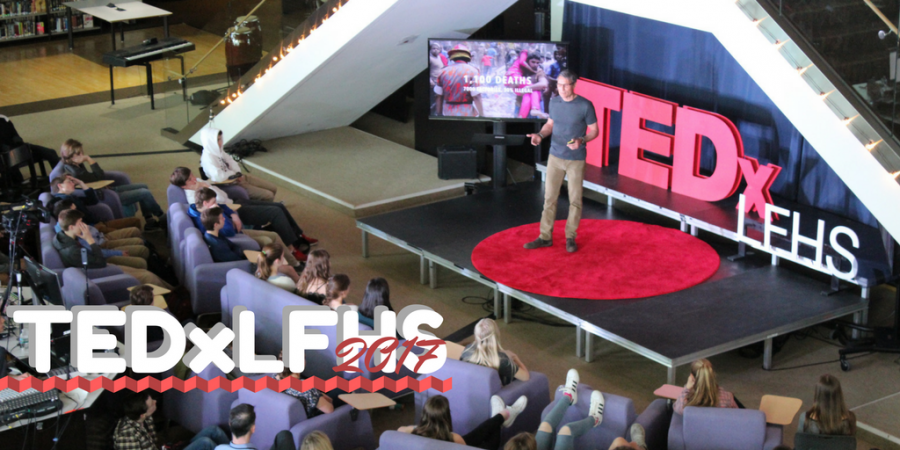
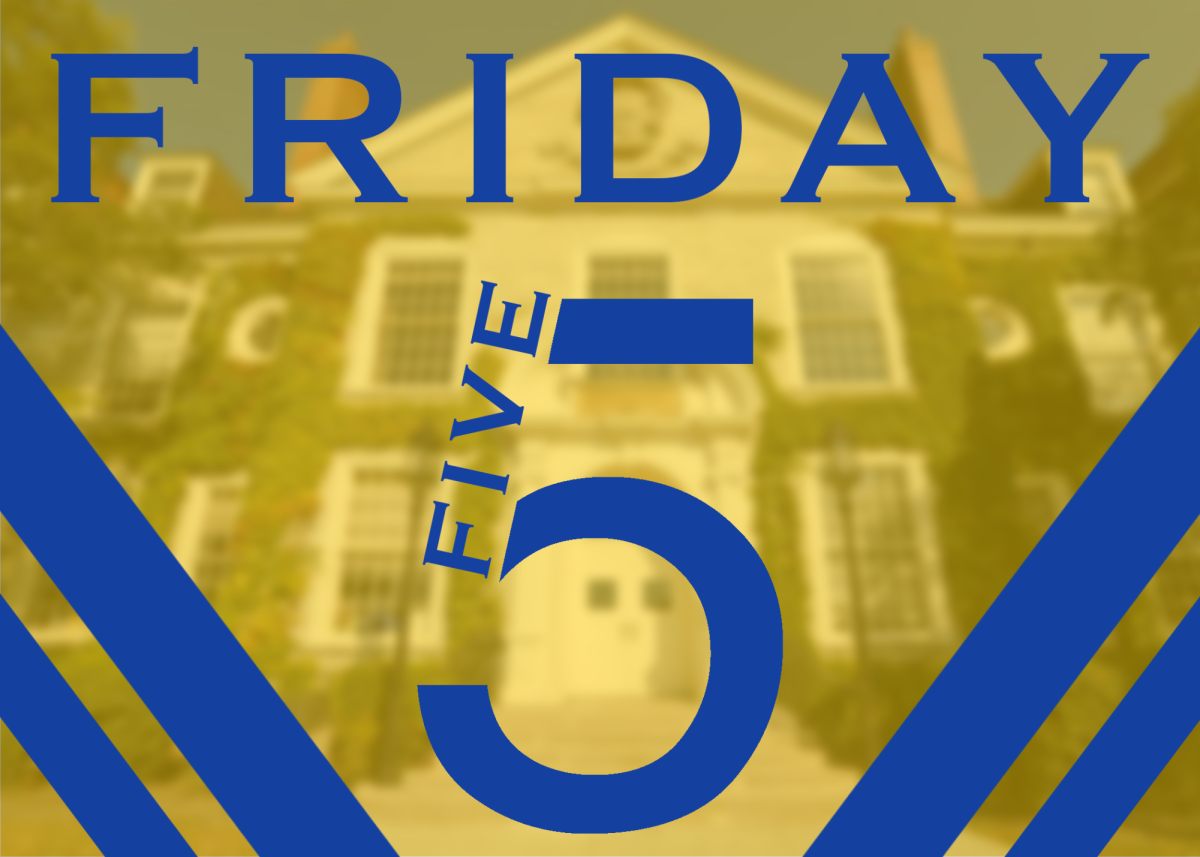


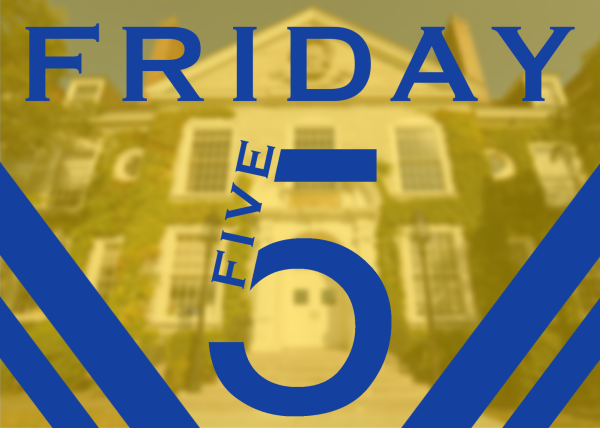
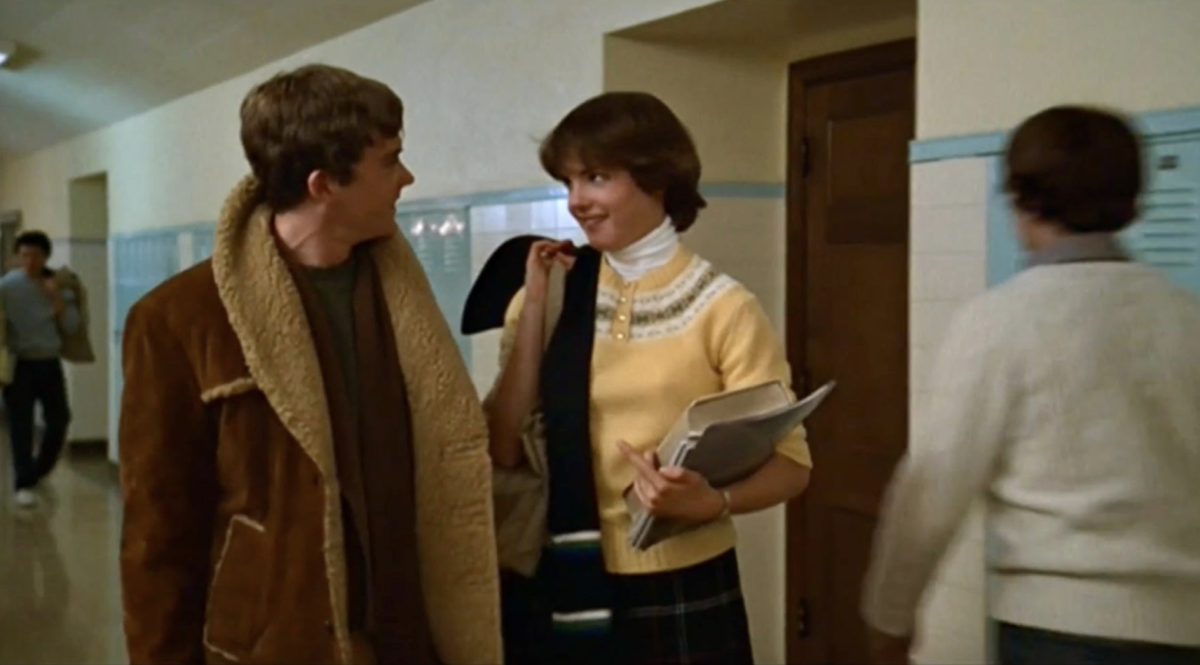
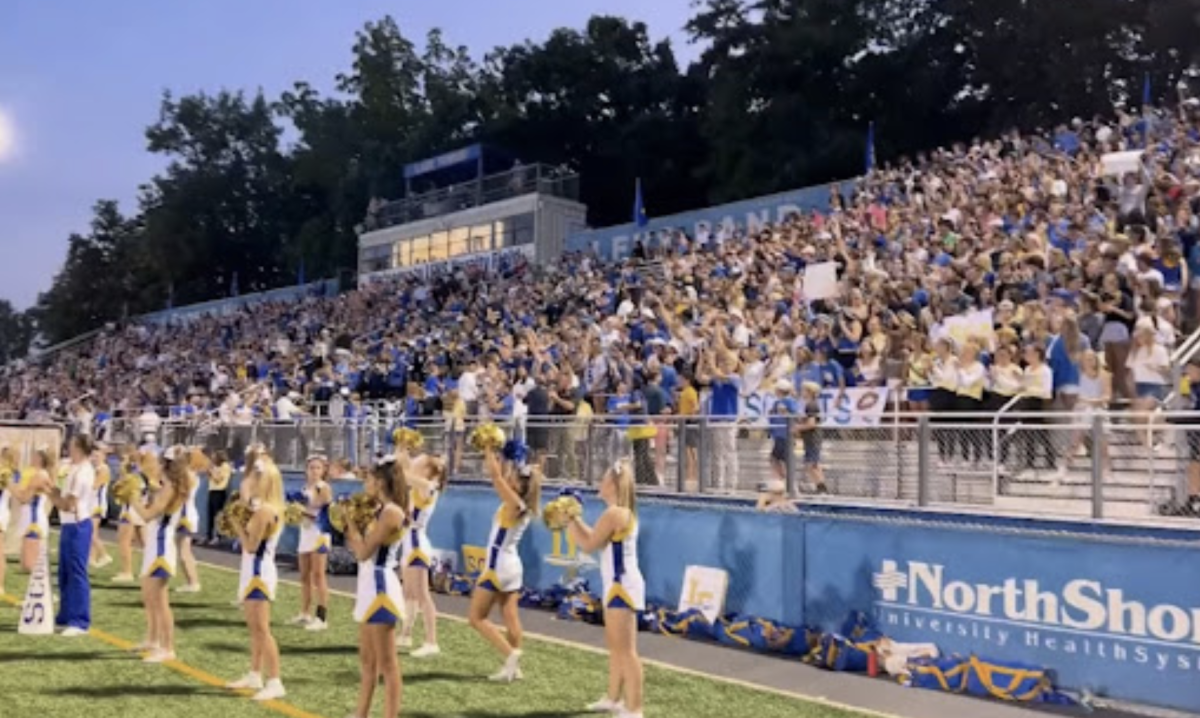
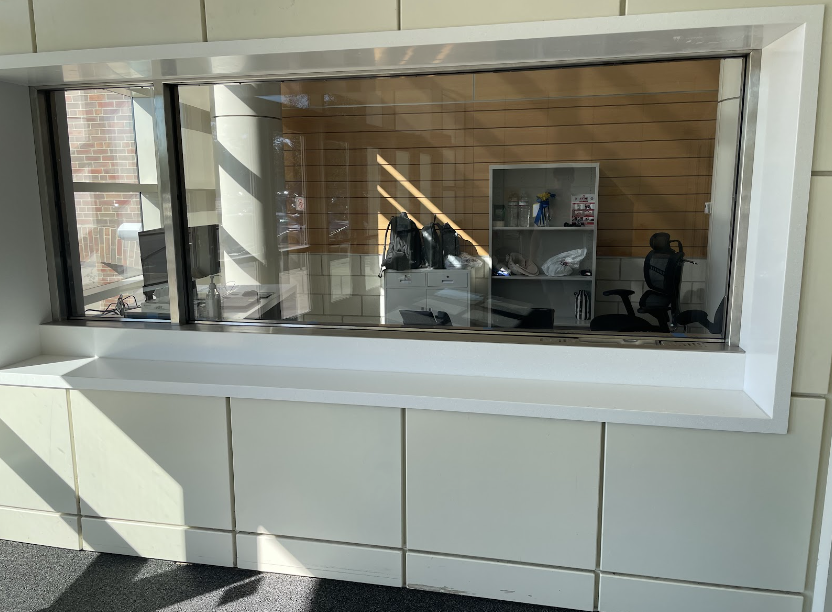
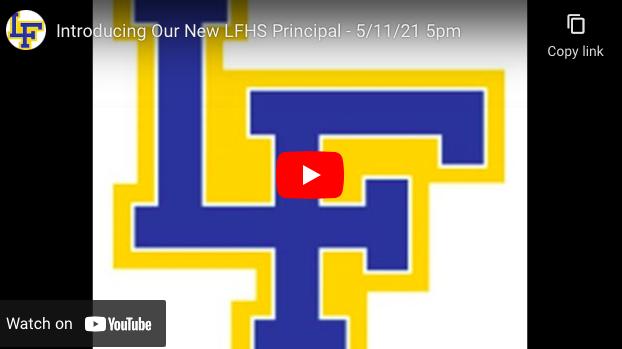

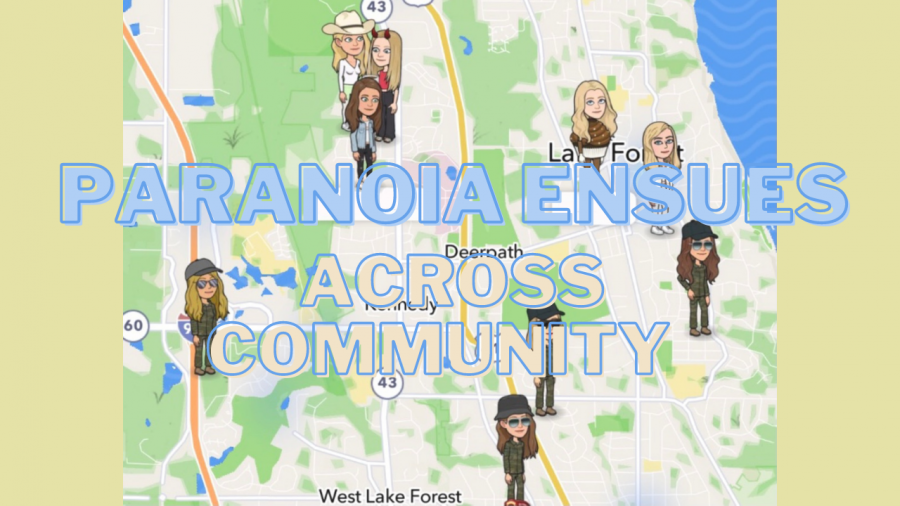


Brad • Apr 27, 2017 at 12:44 pm
Who wants to join a sustainable moment to end poverty and slavery? Consider this: if every LFHS student shifted just $65 to an ethical fashion-apparel brand in one year. 2000 days of essentials would be provided to the crafters who made them, through a 5X job! Wow! Learn more at causegear.com